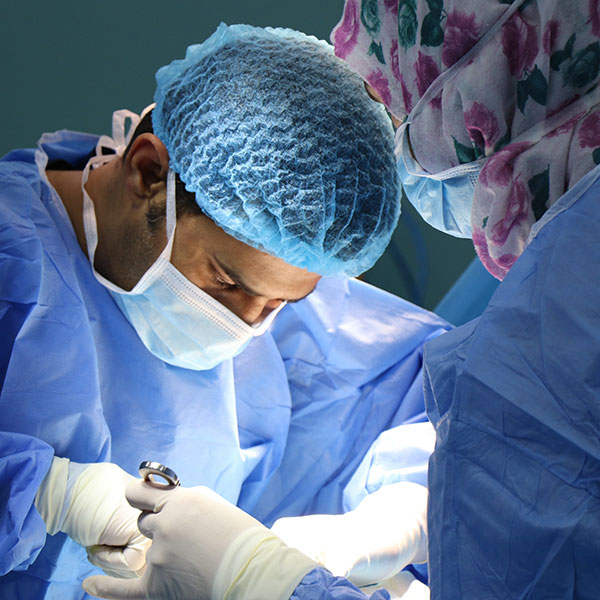Penile Cancer
Penile cancer is cancer that develops in the skin or tissues of the penis. Symptoms may include abnormal growth, ulcer or sore on the penis, bleeding or foul smelling discharge. Risk factors include Phimosis (inability to retract foreskin of the penis), chronic inflammation, smoking, HPV infection, condylomata acuminate, having multiple sexual partners and early age of sexual intercourse.
PENILE CANCER SIGNS AND SYMPTOMS
The Earlier Penile Cancer Is Found, The Better. If It’s Found Early, There Is A Good Chance For Successful Treatment And A Cure. If Diagnosis Is Delayed, The Disease Can Get Worse. Treatment For More Advanced Cancer May Be Less Successful And More Disfiguring.
Since You See And Touch Your Penis When You Urinate, You Can Help Spot The Disease Early. Men Who Aren’t Circumcised Are At Greater Risk For Penile Cancer. But Every Man Should Be On The Lookout For Penile Lesions.
You Should See Your Health Care Provider If You Notice Any Of These On The Foreskin, Or The Shaft Or Head Of Your Penis:
- An Area Of Skin Becoming Thicker And/Or Changing Color
- Pain that radiates to the lower abdomen and groin
- Pain that comes in waves and fluctuates in intensity
- Pain or burning sensation while urinating

FAQS
Currently, there is no screening test available for penile cancer that is effective enough to justify its routine use in the general public. Even so, penile cancer can often be detected in early stages, mainly because it usually originates in skin cells and causes noticeable changes in the skin on the penis.
Penile cancer metastasizes (spreads) in a predictable pattern. Metastasis is most common to the lymph nodes, especially those in the inner thigh (inguinal lymph nodes). This is followed by drainage into the pelvic lymph nodes and beyond.
Tests to check the lymph nodes If the cancer has spread, the lymph nodes in the groin may be bigger than normal. But this can also happen because of infection. Your doctor may arrange for you to have tests on the lymph nodes. An ultrasound scan uses soundwaves to build up a picture of the inside of the body.
